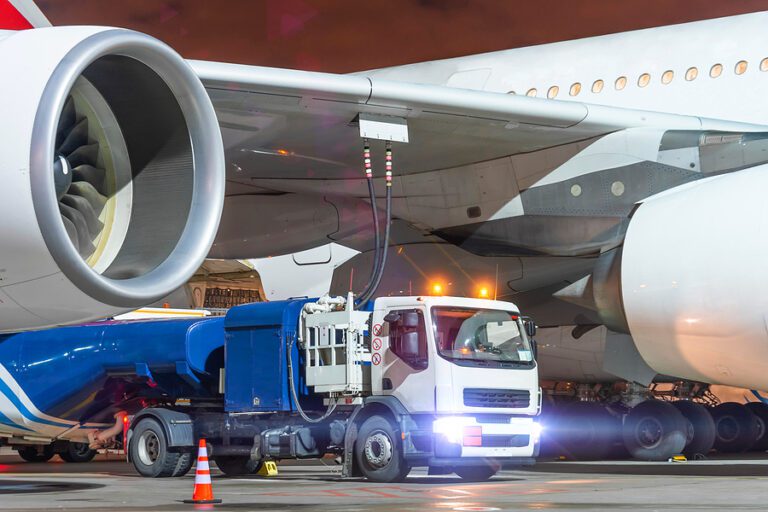
Introduction
In an era defined by rising global mobility and expanding aviation infrastructure, jet fuel trade investment has become a high-potential entry point for investors seeking both scale and stability in the energy sector. Despite volatility in global oil markets, aviation fuel remains a core commodity, Jet Fuel Trade Investment tied to commercial travel, cargo, and defense sectors—making it a lucrative and strategic investment.
At Gulf Bridge Capitals, we help institutions, family offices, and trade professionals tap into this opportunity with vetted trade routes, compliance-first frameworks, and bank-instrument-backed deal structures.
Why Jet Fuel Trading is a Growing Investment Class
Jet fuel, also known as aviation turbine fuel (ATF), powers nearly all commercial and cargo aircraft globally. As air travel rebounds post-pandemic and new airport hubs are developed across Asia, Africa, and the Gulf, demand for consistent, high-grade jet fuel, Jet Fuel Trade Investment has skyrocketed.
Key growth drivers:
- IATA projects that global airline passengers will double by 2040.
- Air freight traffic is surging due to e-commerce and medical logistics.
- Emerging economies are expanding regional air connectivity.
This creates sustained demand for a product that requires sophisticated procurement, financing, and delivery systems—all of which open the door to trade-related investment.
How Jet Fuel Trade Investment Works
Investing in jet fuel trade doesn’t always mean owning physical oil or tankers. Investors can:
- Fund trade transactions backed by SBLCs or LCs.
- Participate in structured finance deals for major fuel deliveries.
- Act as intermediaries in fuel allocation deals sourced from refineries.
- Earn returns from margin spreads, commissions, and performance bonuses.
Gulf Bridge Capitals facilitates these deals by working directly with:
- Licensed fuel resellers and mandate holders
- Refinery contacts in the Gulf and Asia
- International banks for financing and credit lines
We ensure all deals pass through strict compliance protocols including KYC, AML, and sanctions screening.
Advantages of Investing in Jet Fuel Trade
- High Liquidity
Jet fuel is traded in large, frequent volumes globally, making it a liquid asset class. - Attractive Returns
Depending on the structure, profit margins on trade deals can range between 5% and 15% per transaction. - Scalable Entry Points
Investment sizes can range from $1 million to $100 million+ depending on deal size and risk appetite. - Tangible Commodity Exposure
Unlike financial derivatives, these investments are tied to real-world, trackable energy flows. - Strategic Importance
Governments and airlines prioritize stable fuel access, increasing investment security and diplomatic engagement.
Risks and Compliance Factors
Like any high-value trade, jet fuel transactions come with risks, including:
- Counterparty default
- Document forgery
- Shipping delays
- Geopolitical disruptions
This is why all deals handled by Gulf Bridge Capitals undergo multi-layer due diligence, including legal vetting, third-party verification, and full documentation of cargo, financial instruments, and refinery origination.
✅ As noted by Platts – a trusted energy market authority, jet fuel prices and trade volumes have become a global benchmark for aviation recovery and energy pricing.
How Gulf Bridge Capitals Facilitates Jet Fuel Deals
We act as a financial and trade structuring firm, offering:
- Refinery-to-buyer deal facilitation
- Instrument-backed payment assurance (SBLCs, LCs, POF)
- Logistics verification through shipping companies and SGS inspection
- Co-investment models for institutional investors
- Contract documentation and escrow settlement
Our presence in energy hubs like the UAE, Turkey, and West Africa gives us a competitive edge in sourcing and executing real jet fuel transactions with minimal friction.
Who Should Invest?
Jet fuel trade investment is ideal for:
- Institutional investors seeking alternative commodity exposure
- Family offices looking for high-yield structured trade
- Energy traders expanding into aviation fuel
- Export/import firms with access to oil logistics networks
Minimum recommended capital: $1–2 million per transaction or $5 million in a co-investment pool.
Conclusion
Jet fuel trading is a fast-growing investment frontier that bridges traditional commodities with modern logistics and global finance. When done right—with secure partners, verified allocations, and compliant financing—it can deliver unmatched returns and portfolio diversification.
At Gulf Bridge Capitals, we specialize in building those bridges for you—connecting capital to trusted trade deals backed by world-class compliance and banking structures.